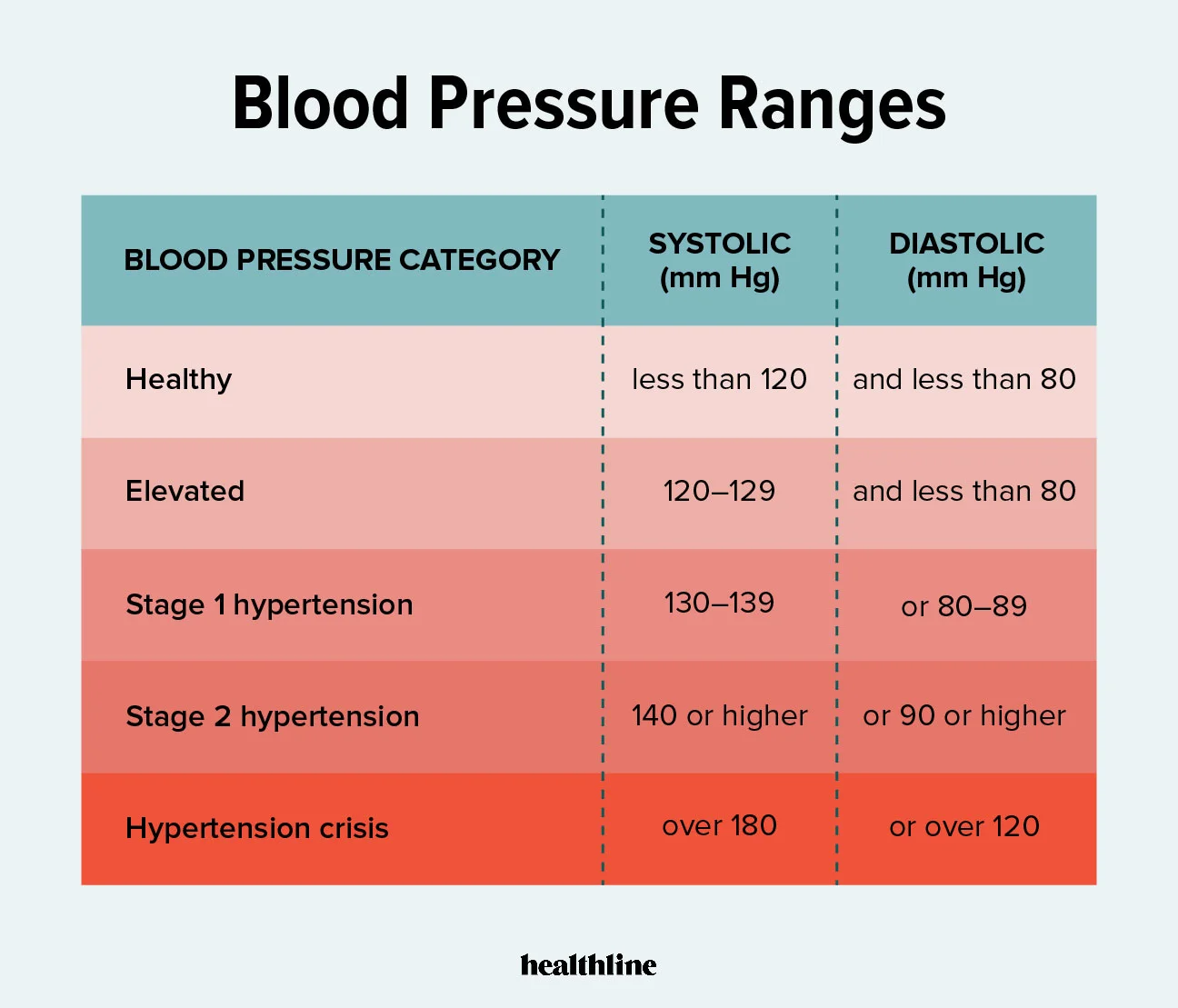Hypertension and Oral Health: Understanding the Connection
What is Hypertension?
 |
According to research, people who have periodontal disease, a bacterial infection that affects the gums and bone supporting the teeth, may have a higher risk of developing high blood pressure. This is likely due to chronic inflammation caused by periodontal disease, which can damage blood vessels and increase blood pressure.
Types of Hypertension
 |
Essential hypertension develops over time and does not have a definitive cause. Some factors that play a role in causing essential hypertension include age (common in people who are over 65 years), genetics (family history), obesity, a sedentary lifestyle, a high sodium diet, drinking too much alcohol, periodontal disease, and smoking.
Secondary hypertension is caused by another medical condition, which may include kidney disease, obstructive sleep apnea, thyroid problems, adrenal gland problems, pregnancy, and diabetes.
Symptoms
People with high blood pressure may not have any symptoms, so it's important to check blood pressure regularly. Most doctor's offices take a blood pressure reading at every appointment. Many local pharmacies also have blood pressure machines for you to periodically check without having to go to the doctor's office. In rare and severe cases, high blood pressure can cause:
- Dizziness
- Headache
- Nosebleeds
- Anxiety
- Sleeping problems
- Nausea
However, most people with hypertension will experience no symptoms at all.
The Connection between Hypertension & Oral Health
Oral health can have a significant impact on overall health. For example, people with periodontal disease (an infection of the gum and bone) are more likely to have hypertension.
Some medications for high blood pressure, such as "beta blockers" and "diuretics", can cause dry mouth, which can increase the risk of developing dental caries (cavities) and other oral health problems. To prevent dry mouth and its risks, such as dental caries and other oral health problems, try drinking lots of water, using a humidifier, and brushing your teeth twice a day.
People with hypertension are more likely to have oral health problems, like bleeding gums and toothaches. This is because there is more pressure on the blood vessels, which causes more bleeding and gum problems.
Treatments
Blood pressure readings are important at every dental and medical visit, and you can take them at home too. Always consult a doctor if the two readings are the same. The doctor can prescribe the right medication depending on your condition.
Patients with hypertension should inform their dentists about their condition and any medications they are taking, as certain medications can cause dry mouth, which can increase the risk of developing dental caries (cavities) and other oral health problems. For example, patients who take medications that can cause dry mouth, such as anti-inflammatory drugs or those used to treat asthma, may be at increased risk of developing dental caries.
A healthy lifestyle can help you keep your blood pressure and oral health in check, such as:
- Maintaining a healthy diet that includes fruits and vegetables
- Maintaining a healthy weight
- Regular physical activity
- Refraining from smoking
- Limiting alcohol consumption
- Having enough sleep
- Cutting down on salt and sugar to prevent dental cavities
- A regular dental routine including at-home care and professional check-ups
If you're looking for healthy diet tips, click here to get a guide provided by Hypertension Canada.
If people are more aware of how hypertension affects their oral health, this can lead to better health and reduce the risk of serious health problems. Healthcare professionals can help individuals with hypertension manage their condition, which can result in better oral health and a healthier lifestyle. This, in turn, can lead to a happier life and a beautiful smile.
Regular dental visits can prevent oral diseases and hypertension, which can be difficult to remember when we're busy. Book an appointment with us today and get an overview of your oral and overall health at our office! We'll provide you with an assessment, as well as recommendations for future dental/medical visits.


